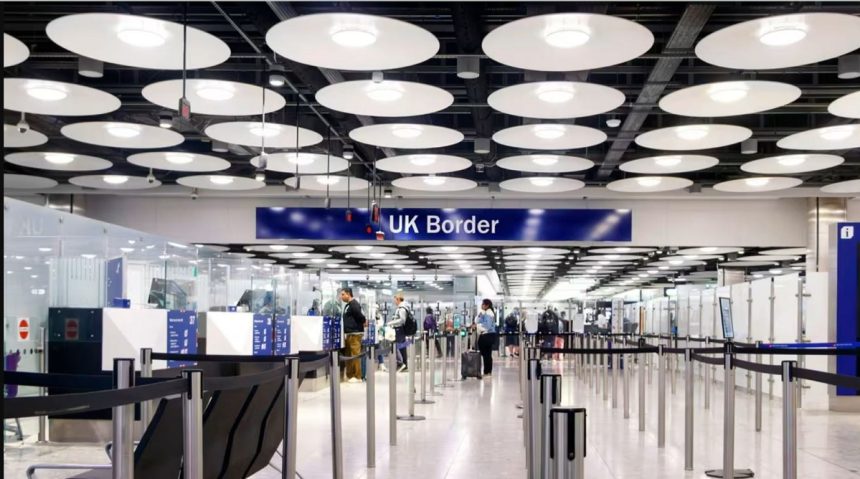The government’s migration advisers have given reasons for the United Kingdom (UK) government to review its income threshold for family visas, saying ministers are under pressure to justify the high income threshold required for British citizens to bring a partner to the UK on a family visa.
In a report published on Tuesday, the Migration Advisory Committee (MAC) criticised the current minimum income requirement of £29,000 for spouse and partner visas, introduced by the previous Conservative government, which based it on salary levels for skilled worker visas.
The income requirement—primarily affecting British citizens and settled residents seeking to reunite with a partner—is among the highest in advanced economies. Among the countries the MAC assessed, only Norway had a comparable threshold.
The Conservative government had planned to increase the threshold further to £38,700, a move that would have disqualified most British citizens from sponsoring a foreign partner. The proposal sparked significant controversy as part of a broader crackdown on legal migration.
“Given the family route that we are reviewing has a completely different objective and purpose to the work route, we do not understand the rationale for the threshold being set using this method,” the MAC said in its report.
The committee also warned that income barriers risk serious harm to families, particularly through forced separations.
Family separations caused by the income requirements had “the capacity to inflict severe and lasting damage on British and settled people’s families,” it added, citing evidence of mental health issues among children separated from a parent and difficulties forming meaningful parental relationships.
While the MAC acknowledged the government’s interest in ensuring that families are self-sufficient, it suggested that a more reasonable income threshold—between £24,000 and £28,000—could still meet that goal.
It noted, however, that even with such thresholds, some foreign partners might not earn enough over their lifetimes to offset their use of public services. Yet the committee emphasised this is also true for many British families:
“who would be considered to have a good standard of living and are perfectly able to support themselves with their incomes,” the MAC added.
After coming to power last year, the Labour government paused the previous administration’s proposals and tasked the MAC with reviewing how income requirements should be set. The goal was to balance economic sustainability with the right to family life as part of upcoming reforms to the family migration system.
The immigration white paper published last month outlines plans for a new system that will:
“Ensure the family unit has sufficient money” to avoid calls on taxpayers, while also guarding against forced marriage, and ensuring new arrivals spoke sufficient English to integrate.
Ministers have also expressed their intent to reduce arrivals through family visa routes, alongside work and humanitarian pathways. They argue that courts too often grant immigration cases on the grounds that they are “‘exceptional’ to the normal rules”.
Despite this focus, family visas make up only a small portion of overall net migration. In 2024, just over 86,000 family visas were granted, about two-thirds of which were for partners.
The MAC estimated that reducing the income threshold to around £24,000 could lead to an increase in net migration by up to 8,000 people—a modest 1–3% rise in projected future levels. Official statistics show that overall net migration fell significantly, from 860,000 in 2023 to 421,000 in 2024.
ALSO READ TOP STORIES FROM NIGERIAN TRIBUNE






